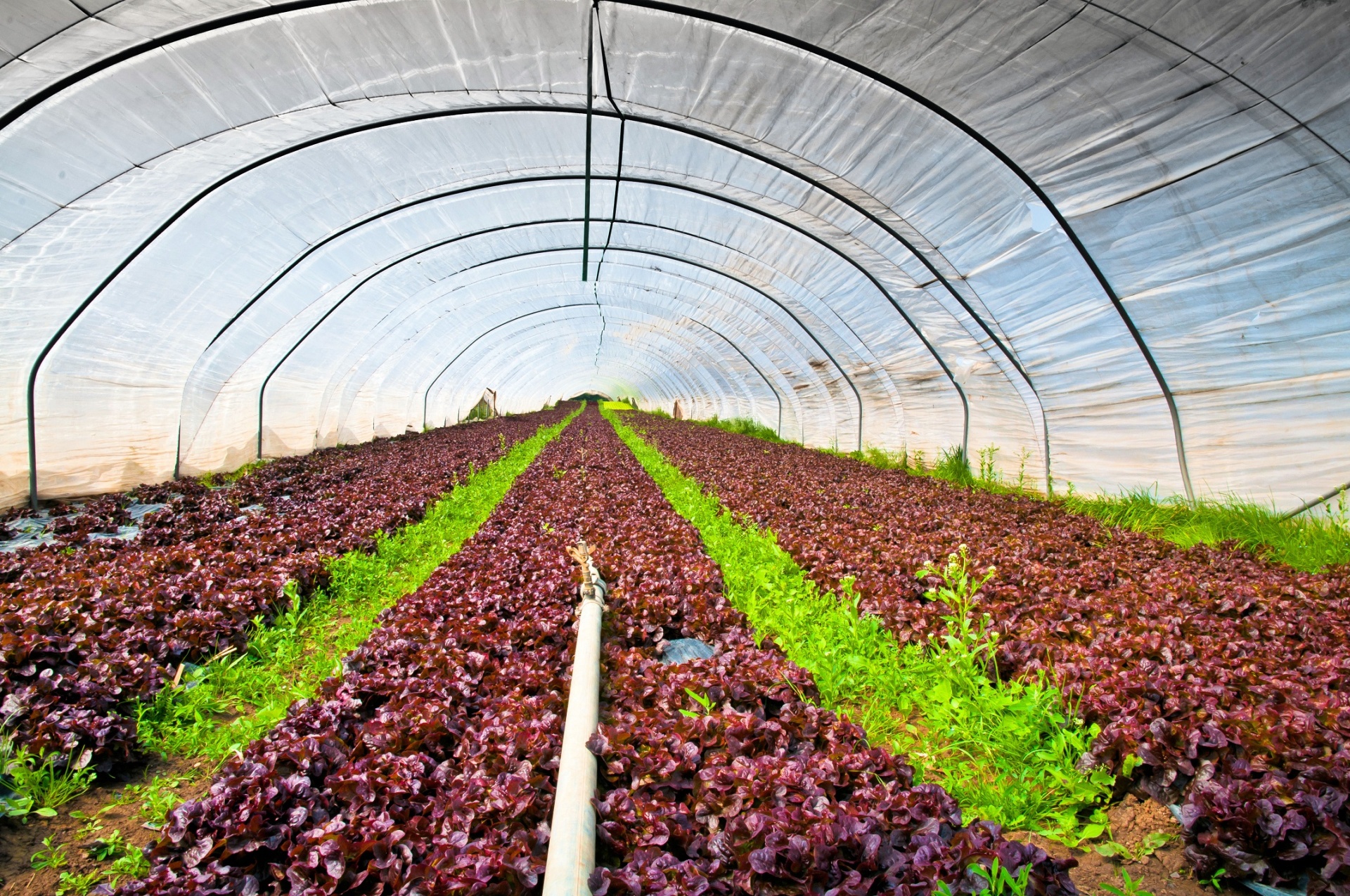BASF innovation to make plastics last longer and reduce plastic waste
Plastic offers many benefits including convenience, safety, and durability and is widely used in many different applications, for example, to carry food safely along the supply chain and store them longer at home, or to produce vehicles that are lighter, faster, and more fuel-efficient compared to other materials. However, the lack of proper infrastructure and behaviour to segregate and treat plastic waste has caused a multitude of problems. It is a system challenge that requires long-term solutions and firm commitment from everyone: companies who produce, buy, sell, process, collect, and recycle plastics; consumers; NGOs and the academia; and especially the government which plays a decisive role.
As the world’s leading chemical company, BASF takes a holistic approach to improve the way plastics are made, used, and recycled.
Make
How plastics are made really matters – from product design to the choice of raw materials to the manufacturing process itself. BASF helps its customers to think more about the entire "life cycle" of a product – not just how it is disposed of. The company develops high-quality, high-performance plastics and additives that extend the life of products, keeping them in use for as long as possible.
From 2025, BASF will be using 250,000 metric tonnes of recycled and waste-based raw materials in the production plants, replacing fossil-based or virgin resources and making manufacturing more efficient. The chemical industry leader also set a target for CO2-neutral production of its products, including plastics, by 2050.
Use
Changing how BASF uses and reuses plastics can mean using them less, but it can also mean using them better. Plastics have become one of the most discussed concerns in the world today. And the global community is being more thoughtful than ever before about how and why plastics are used. What remains to be done is to find new ways to manage the challenges around the use and reuse of plastics, without ignoring their benefits for society. It is about considering what is really needed and changing habits accordingly.
BASF’s Ultramid engineering plastic can be used to replace 15 different steel parts to build cars, making them about 30 per cent lighter and therefore using less fuel and resulting in reduced emissions. Cost savings will also be made compared to the steel version of these materials.
When BASF plastic additive Tinuvin NOR is used in plastic films in greenhouses and polytunnels, it extends their service life and helps reduce plastic waste by increasing durability. As a light stabiliser, the additive (which is certified for use in organic farming) protects agricultural films from intense sunlight and heat. Tinuvin NOR also helps the greenhouse films to maintain uniform temperatures and humidity and creates the right conditions for pollinating insects. All in all, Tinuvin NOR’s powerful performance reduces plastic waste and produces better quality food.
 |
| BASF’s engineering plastics Ultramid can be used to replace 15 different steel parts to make lighter cars |
Recycle
The big issue around plastics is what happens to them at their "end of life".Plastics definitely have a place, but it shouldn’t be in our natural environment. BASF innovates to make plastic sorting plants more effective, so more plastics can be recycled. Together with the Alliance to End Plastic Waste, where BASF is a founding member and an advisor for its Vietnam flagship projects, the company is offering plastic clean-up initiatives worldwide and supporting different projects across Vietnam.
One of the game-changer technologies is certified compostable bioplastics. BASF’s ecovio, one such product partially based on renewable raw materials, offers complete biodegradation at the product’s end of life as it is designed to be consumed by microbes along with food waste in industrial or home compost conditions. Importantly, this biopolymer allows food packaging and organic waste as a valuable resource to return to the agricultural soil as a nutrient-rich feedstock, contributing to a circular economy. BASF ecovio is certified compostable, but it can do the job of a conventional plastic. For example, ecovio can be used in takeaway food containers for hot or oily food. When coated with ecovio, paper bowls and cups can withstand the challenge of steaming hot Chinese food, usually at temperatures of up to 100 degrees Celsius.
Additionally, BASF is piloting a technology called ChemCycling, which will allow the use of recycled plastics, usually sent to landfill today, to make new, high-quality products. Using thermochemical processes, these plastics can be utilised to produce syngas or pyrolysis oil as raw materials in BASF’s production, thereby partially replacing fossil-based resources. The pilot projects with customers from various industries show that products made with chemically recycled raw materials exhibit the same high quality and performance as products made from virgin materials.
Ending plastic waste is a long journey and needs everyone’s effort, dialogue, and commitment. BASF is keen to be part of this worthwhile journey and work with other partners across the value chain in a concerted manner to make zero-waste future a practical reality.
 |
| BASF plastic additive Tinuvin NOR is used for durable greenhouse plastic films |
What the stars mean:
★ Poor ★ ★ Promising ★★★ Good ★★★★ Very good ★★★★★ Exceptional
Related Contents
Latest News
More News
- Bac Ai Pumped Storage Hydropower Plant to enter peak construction phase (January 27, 2026 | 08:00)
- ASEAN could scale up sustainable aviation fuel by 2050 (January 24, 2026 | 10:19)
- 64,000 hectares of sea allocated for offshore wind surveys (January 22, 2026 | 20:23)
- EVN secures financing for Quang Trach II LNG power plant (January 17, 2026 | 15:55)
- PC1 teams up with DENZAI on regional wind projects (January 16, 2026 | 21:18)
- Innovation and ESG practices drive green transition in the digital era (January 16, 2026 | 16:51)
- Bac Ai hydropower works stay on track despite holiday period (January 16, 2026 | 16:19)
- Fugro extends MoU with PTSC G&S to support offshore wind growth (January 14, 2026 | 15:59)
- Pacifico Energy starts commercial operations at Sunpro Wind Farm in Mekong Delta (January 12, 2026 | 14:01)
- Honda launches electric two-wheeler, expands charging infrastructure (January 12, 2026 | 14:00)

 Tag:
Tag:




















 Mobile Version
Mobile Version